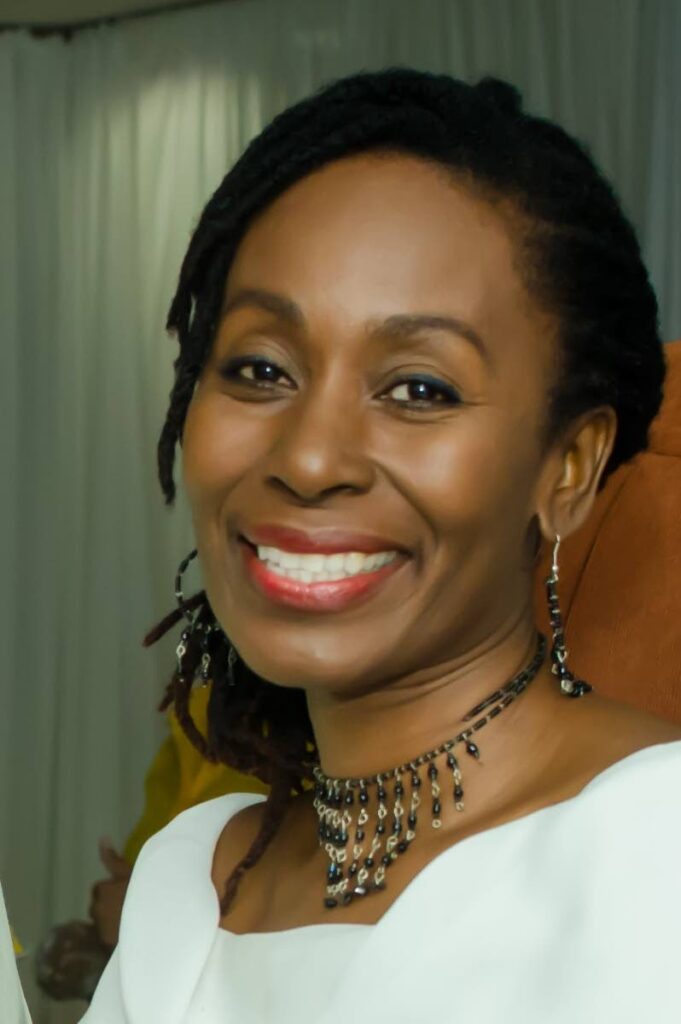Reclaiming Africa as home

Culture Matters
Emancipation 2023
Dara E Healy
Darling I want kaiso
So that I could bongo
I want o hear the tempo
So I could limbo
And dance like a Shango
To the beat of the mambo
I want to hear the conga
I want to hear the tumba
Oh Lord! You know that I got African blood
– calypsonian Black Wizard
IN 2020, as the African diaspora dealt with the trauma of George Floyd’s murder, Ghana extended an invitation to African Americans to come home to a place where they can feel safe. As Barbara Oteng Gyasi, Ghana’s Minister of Tourism stated, Ghanaians “continue to open our arms and invite all our brothers and sisters home. Ghana is your home. Africa is your home.”
Global conversations around African dignity, freedom and justice seem to have sparked the resurgence of an idea that I have not really heard since the 1970s. That is, the yearning for Africa as home.
On Emancipation morning, a brother from the Rastafarian community complimented me on the performance of Eintou Springer’s Freedom Morning Come and then advised that there needs to be more emphasis on Africa as home, because “some of us want to go home.”
Home. The concept still evokes much passion and debate. Kamau Brathwaite beautifully wrote, “It will be a long, long time before we see these farms again, soft wet slow green again: Aburi, Akwamu, mist rising.” Across the diaspora, there are stories of enslaved Africans flying back home to Africa. Ma Rose, the Igbo warrior woman who resisted enslavement in Tobago, was one. In African American mythology, they tell stories of Igbo Africans who jumped off a ship near to Georgia and flew back home to Africa, rather than be enslaved in the US.
The pan-African, anti-colonial movement was a key element in solidifying the notion of Africa as home. In many respects, activists looked to the continent not only from an ideological perspective, but for guidance on reclaiming family structures, identity and sense of self.
By 1919, Marcus Garvey established the Black Starline shipping company towards developing a homeland in Africa. The global anti-colonial movement intensified from the 1920s right through to the 1950s and 60s. At home, the 1935 invasion of Ethiopia by Mussolini of Italy evoked calypsoes protective of Africa. Calypsonian Tiger sang, “The gold, the gold, the gold in Africa/Mussolini want from the Emperor (Haile Selassie)/He said expansion he really need/He have forty-five million heads to feed/Why he don’t attack the Japanese, England, France, or hang on to Germany?”
The desire for a different narrative about Africa came from writers and intellectuals as well. CLR James gave prominence to the Haitian Revolution when Black Jacobins was published in 1938. Dr Eric Williams challenged (and irritated) international scholars about why enslavement ended with his ground-breaking Capitalism and Slavery in 1944.
The powerful concept of Africa as home resonated across the Caribbean. In Cuba, poet Nicolás Guillén not only infused his work with African themes but was known for “recreating African songs and rhythms in verse.” Aimé Cesaire of Martinique was revered for his fiercely anti-colonial and pro-African work such as the famous Return to My Native Land.
Increasingly, Caribbean people viewed events on the continent as being relevant to their own lives. In reaction to apartheid, Brother Valentino proclaimed, “I pay homage to Steve Biko/And the children who died in Soweto/To the freedom fighters I declare/Africans affair is my affair.”
Artists and cultural practitioners began to explore African culture and belief systems. After a visit to the continent, Mighty Sparrow sang in Yoruba, “
O ma ku rere oni o (Greetings for good things or blessings of today)/
O si wa si wa soko, dudu yemi (Blackness becomes me).” From Soca Baptist to Bring Down the Power and Ancient Rhythms, slowly Africa is also coming home to us. Aspects of
egungun, ancestral masquerade, are now being seen in unexpected places in our Carnival.
I still remember the urgency on the face of my Rastafarian brother. At the time, I could only smile at his words, I could not offer him comfort. So, the last words I will give to Kwame Ture, who was always clear about the connection between home and Africa: “I wanted now to see how the struggle was going down in the ancestral home, among my kinfolk, flesh of my flesh. And Guinea was the place…I went to Africa for revolution.”
Dara E Healy is a performance artist and founder of the Indigenous Creative Arts Network – ICAN


Comments
"Reclaiming Africa as home"